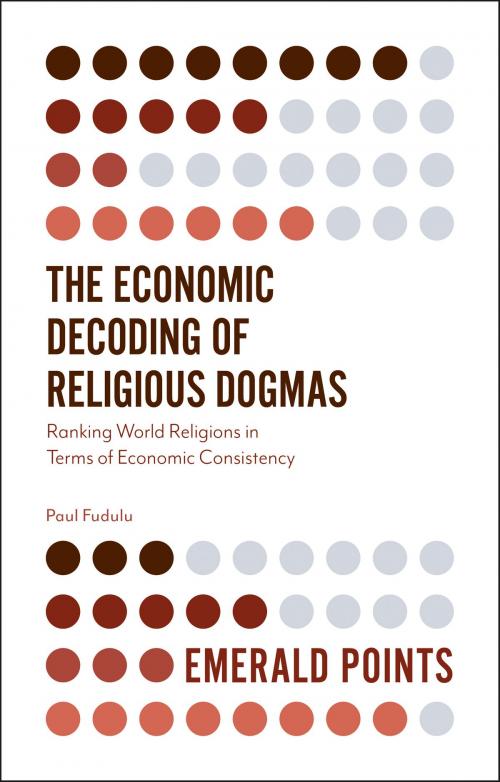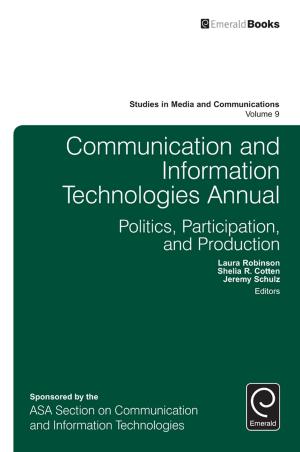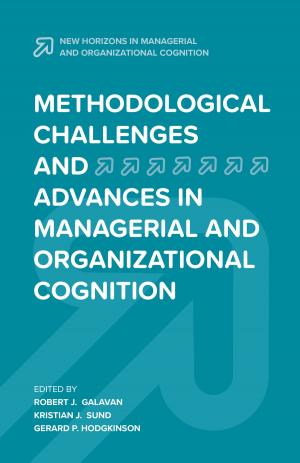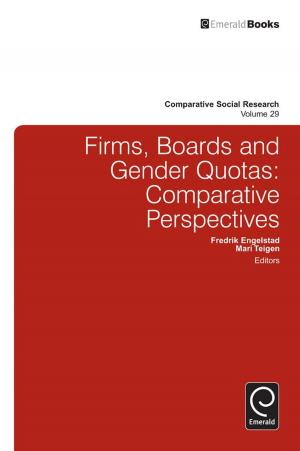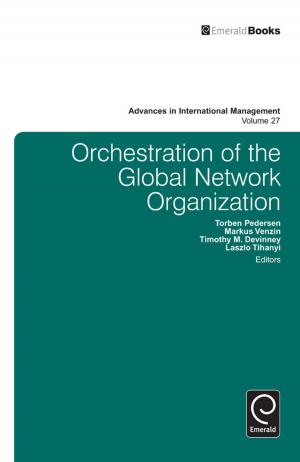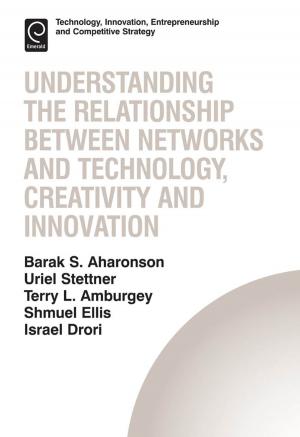The Economic Decoding of Religious Dogmas
Ranking World Religions in Terms of Economic Consistency
Nonfiction, Religion & Spirituality, Christianity, Church, Church Institutions & Organizations, Business & Finance, Economics, Economic Development| Author: | Professor Paul Fudulu | ISBN: | 9781787149663 |
| Publisher: | Emerald Publishing Limited | Publication: | June 8, 2017 |
| Imprint: | Emerald Publishing Limited | Language: | English |
| Author: | Professor Paul Fudulu |
| ISBN: | 9781787149663 |
| Publisher: | Emerald Publishing Limited |
| Publication: | June 8, 2017 |
| Imprint: | Emerald Publishing Limited |
| Language: | English |
This book proves that each religious dogma, in any of their components, contain in an encoded manner a specific ranking of human comprehensive mega-objectives, implicitly, a specific preference for absolute wealth or, in a more common parlance, for the objective of economic performance. In turn, that specific preference, under ceteris paribus condition, determines the share of believer’s general resources which is channeled to economic performance. An in-depth or correct understanding of a religious dogma, which makes sense for terrestrial social realities, is impossible without a specific model of decoding. Additionally, such a model is simply impossible within an orthodox Western, that is, non-transcultural perspective. There is no accident that all Western efforts to decode religions, economic or non-economic, have failed. Understanding religion based on its face story is very precarious, if not even dangerous.
This book proves that each religious dogma, in any of their components, contain in an encoded manner a specific ranking of human comprehensive mega-objectives, implicitly, a specific preference for absolute wealth or, in a more common parlance, for the objective of economic performance. In turn, that specific preference, under ceteris paribus condition, determines the share of believer’s general resources which is channeled to economic performance. An in-depth or correct understanding of a religious dogma, which makes sense for terrestrial social realities, is impossible without a specific model of decoding. Additionally, such a model is simply impossible within an orthodox Western, that is, non-transcultural perspective. There is no accident that all Western efforts to decode religions, economic or non-economic, have failed. Understanding religion based on its face story is very precarious, if not even dangerous.
